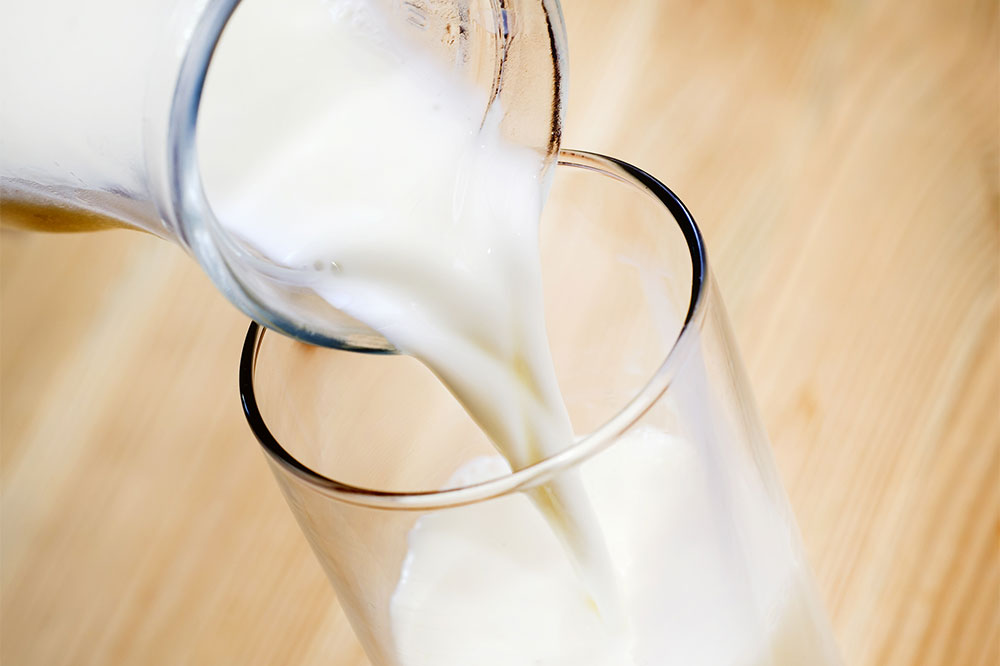Nutritional Strategies and Lifestyle Modifications for Managing Diabetic Eye Conditions
Discover effective dietary and lifestyle strategies to manage diabetic retinopathy. Incorporate nutrient-rich foods like leafy greens and eggs, maintain regular exercise, avoid smoking and alcohol, and consult with healthcare providers about supplements. These steps can support better blood sugar control and enhance eye health, complementing medical treatments to help prevent vision loss caused by diabetes.

Effective Dietary and Lifestyle Approaches for Controlling Diabetic Eye Problems
Diabetic retinopathy is an eye condition caused by damage to the blood vessels in the eyes resulting from diabetes. If blood sugar levels are not properly managed, both type 1 and type 2 diabetics can experience vision loss. While medical treatments are essential, incorporating specific foods and lifestyle adjustments can enhance management and promote healing.
Foods to Incorporate
Leafy Greens are rich in vital nutrients, antioxidants, and minerals that support eye health. Spinach, collard greens, turnip greens, and kale contain vitamin C and anti-inflammatory compounds capable of counteracting cellular damage caused by diabetes. Numerous studies highlight their benefits for preserving vision.
Eggs are excellent sources of omega-3 fatty acids and nutritional compounds essential for eye health. Regular consumption can improve inflammation response, maintain healthy cholesterol levels, and reduce complications related to diabetics' eye conditions.
Beyond greens and eggs, including fatty fish, dairy, nuts, and seeds into your diet helps regulate blood sugar and supports overall eye health. Stable blood glucose levels significantly aid in controlling diabetic eye issues.
Lifestyle Adjustments
To minimize the risk and alleviate symptoms of diabetic eye disease, consider these lifestyle modifications:
Stay Physically Active Regular exercise, especially cardiovascular activities, boosts blood circulation to the eyes, enhancing retinal and optic nerve health, which can prevent vision deterioration.
Avoid Harmful Substances Smoking and alcohol consumption can elevate blood pressure and impair blood sugar regulation, hindering recovery and long-term eye health. Quitting these habits supports treatment efforts.
Consider Supplements Consult with healthcare providers about supplements such as folic acid or vitamin B12, which may help address deficiencies during diabetic eye management.
Important Notice:
This article provides general information about symptoms and management of diabetic eye conditions. It should not substitute professional medical advice. Always consult healthcare professionals for diagnosis and treatment tailored to your specific needs.










